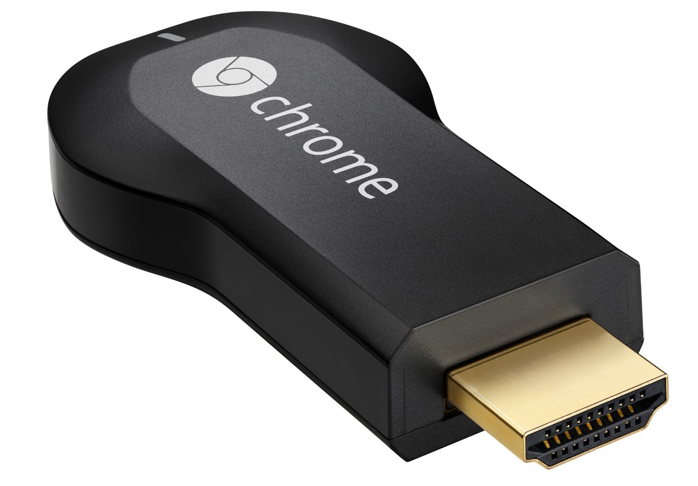Google Chromecast Could Be Challenge to Pay TV Providers
August 6, 2013
Google’s Chromecast, which wirelessly connects mobile devices and computers to television, is the latest potential challenge to pay TV. While it may not immediately disrupt the current business model, it offers a glimpse of Google’s vision to make the Internet a platform for TV. The TV industry has dealt with the disruption of Internet TV despite mounting pressure. However, media companies, broadcasters, pay TV providers and advertisers may need to redefine how they interact with one another.
 Pay TV is in 86 percent of U.S. households and should decline by one percent per year, according to Macquarie. In contrast, Netflix is close to 29 million subscribers and new Internet TV companies have arrived, such as Aereo, which allows users to watch broadcast TV online.
Pay TV is in 86 percent of U.S. households and should decline by one percent per year, according to Macquarie. In contrast, Netflix is close to 29 million subscribers and new Internet TV companies have arrived, such as Aereo, which allows users to watch broadcast TV online.
“The conventional wisdom has been that getting big media companies, such as Walt Disney, Time Warner, Viacom and CBS, to put content online is a necessary precursor to Internet TV,” explains The Wall Street Journal. “They have been loath, though, to disrupt relationships with cable and satellite operators because they want to maintain the practice of bundling popular and less watched channels, allowing them to charge higher fees to pay TV providers.”
Media companies are surely hoping to move gradually, in attempts to prevent the loss of revenue from pay TV. But if media companies begin to turn to Internet TV over pay TV, it can be damaging to cable and satellite providers.
Cable companies have a defense in that they offer high-speed broadband Internet. If the move to Internet video leaves them behind, cable providers can increase rates for Internet service.
In order to recover from any shortfalls, cable companies can also begin usage-based broadband pricing and limit the growth of Internet TV. Google Fiber, Google’s very high speed Internet service, may be a response to any usage limits.
Another threat to pay TV providers is Chromecast’s ability to generate data on user viewing habits. This data has the potential to allow advertisers to effectively target audiences.
“Big Tech has yet to establish a firm foothold in the living room,” notes WSJ. “Chromecast shows, though, that Silicon Valley’s leviathans are intent on getting a seat on the couch. If Internet TV gains ground, media and cable companies may have little choice but to make space for them.”

No Comments Yet
You can be the first to comment!
Leave a comment
You must be logged in to post a comment.